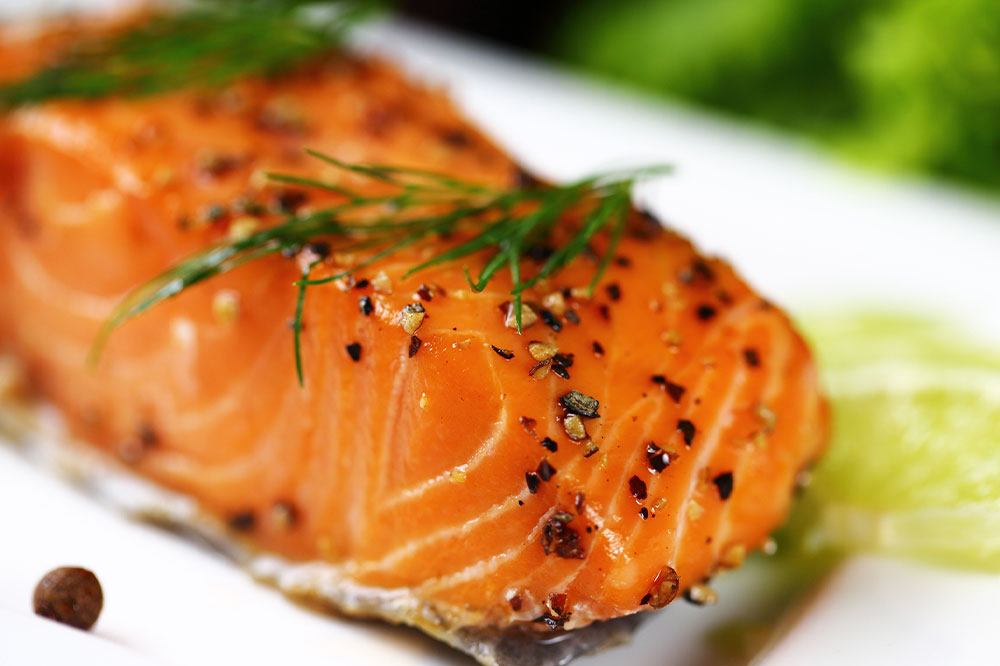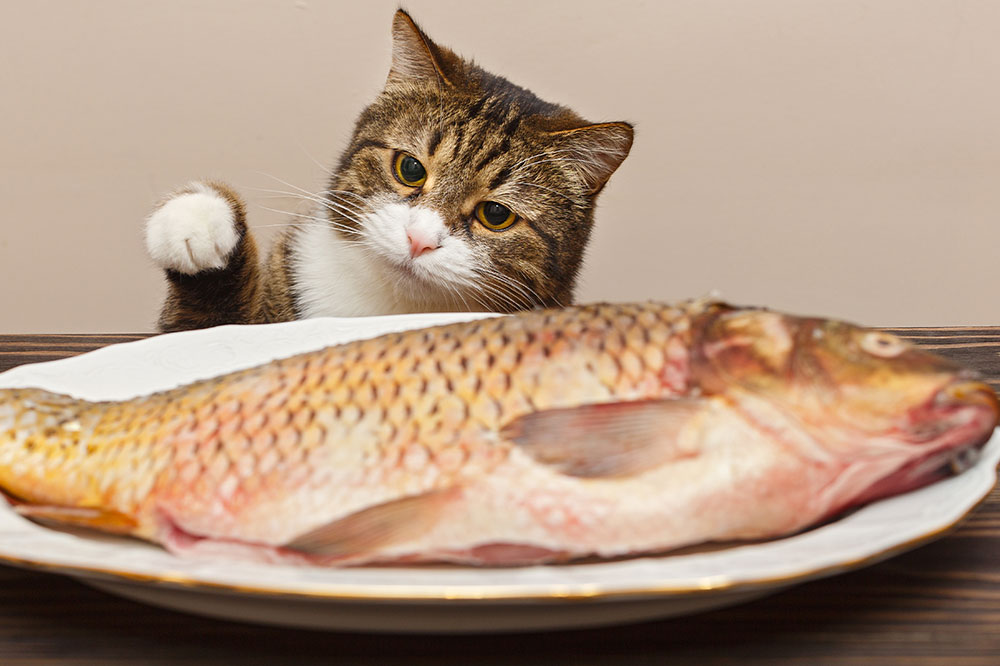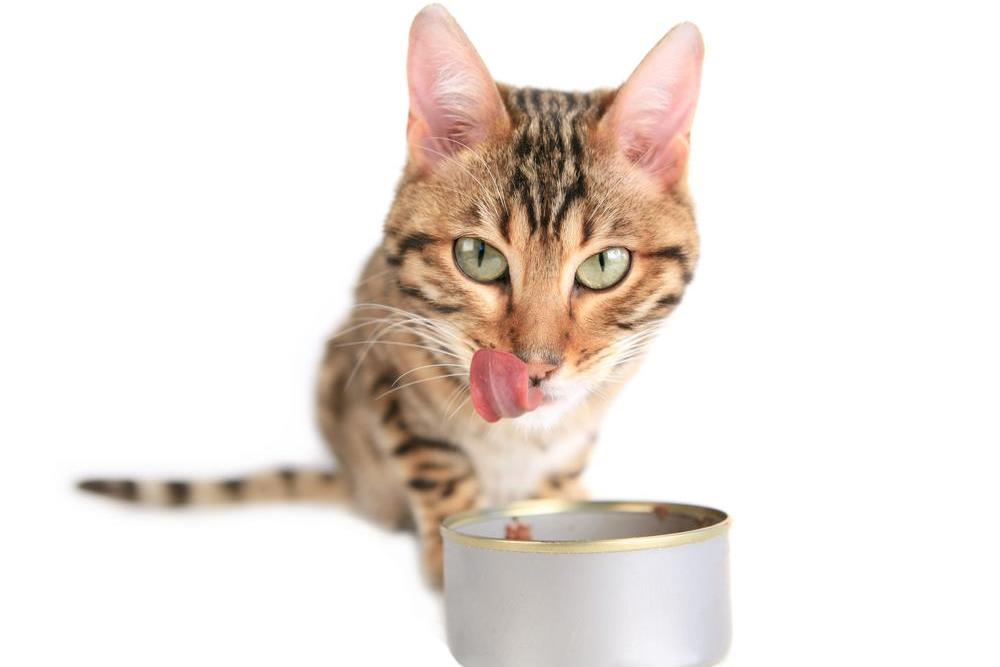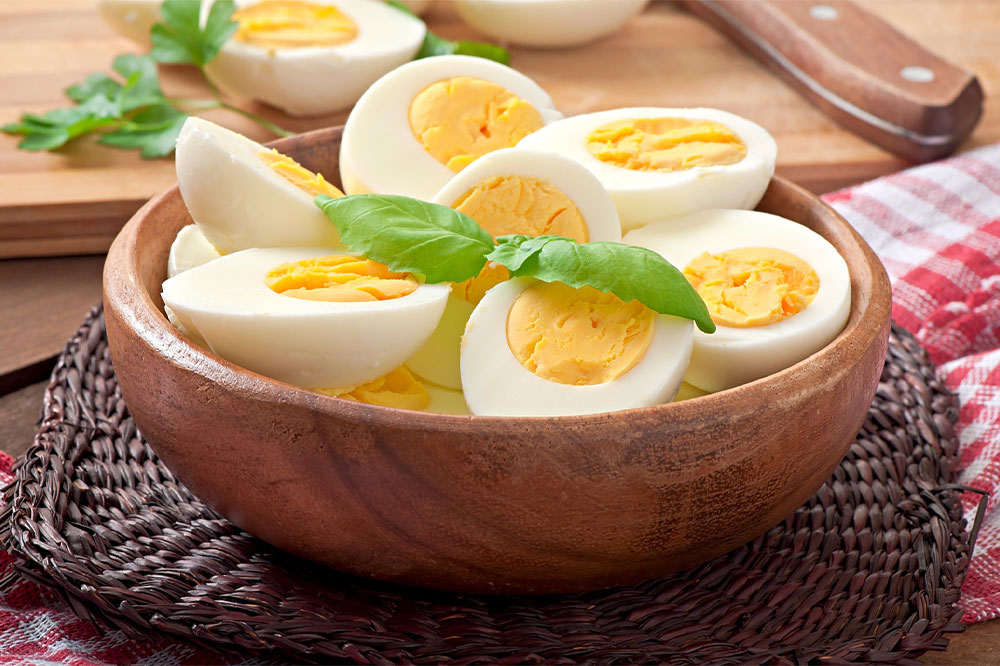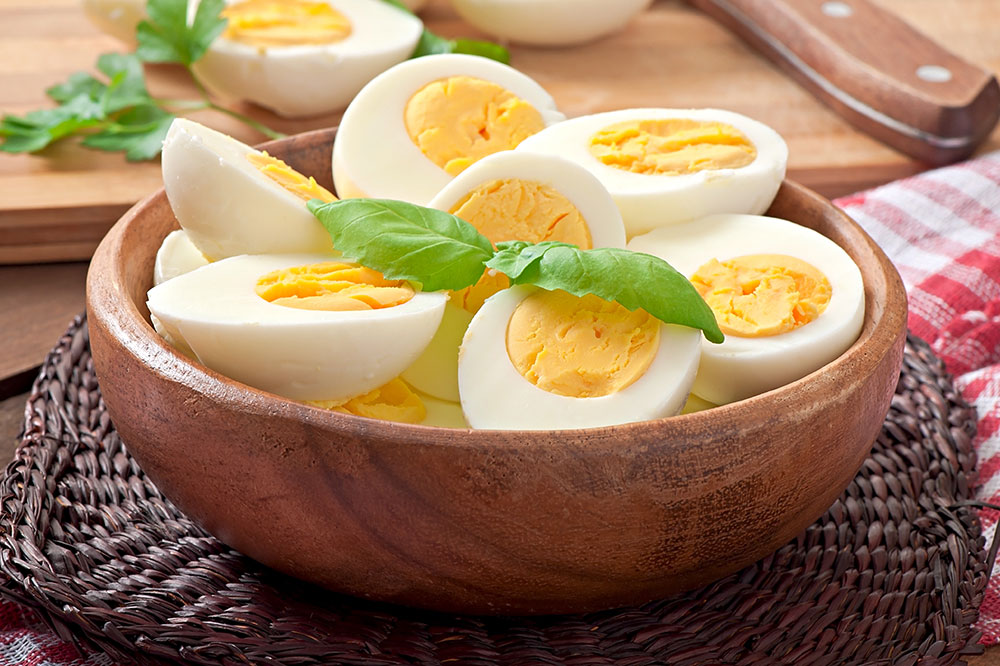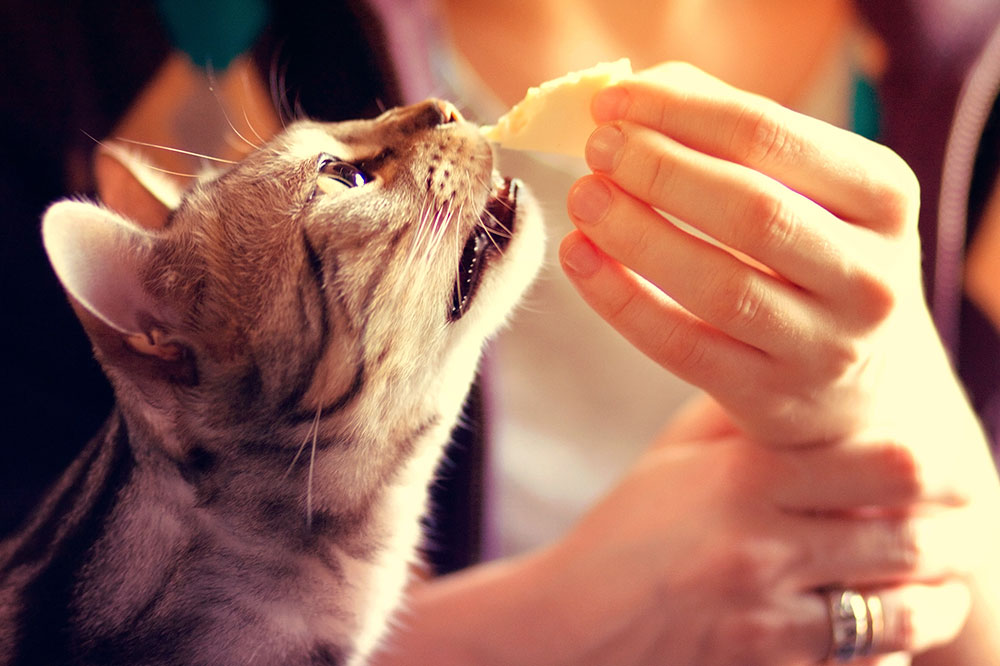Comprehensive Guide to Safe Human Foods for Cats: Essential Tips for Pet Owners
This comprehensive guide details safe human foods for cats, including meats, grains, fruits, fish, and vegetables. Pet owners can learn how to incorporate nutritious treats into their cats' diets while avoiding harmful ingredients. Proper preparation and moderation are emphasized to ensure feline health and prevent potential health issues. Essential tips are provided for keeping cats happy and healthy with safe human foods, helping owners make informed dietary choices for their pets.
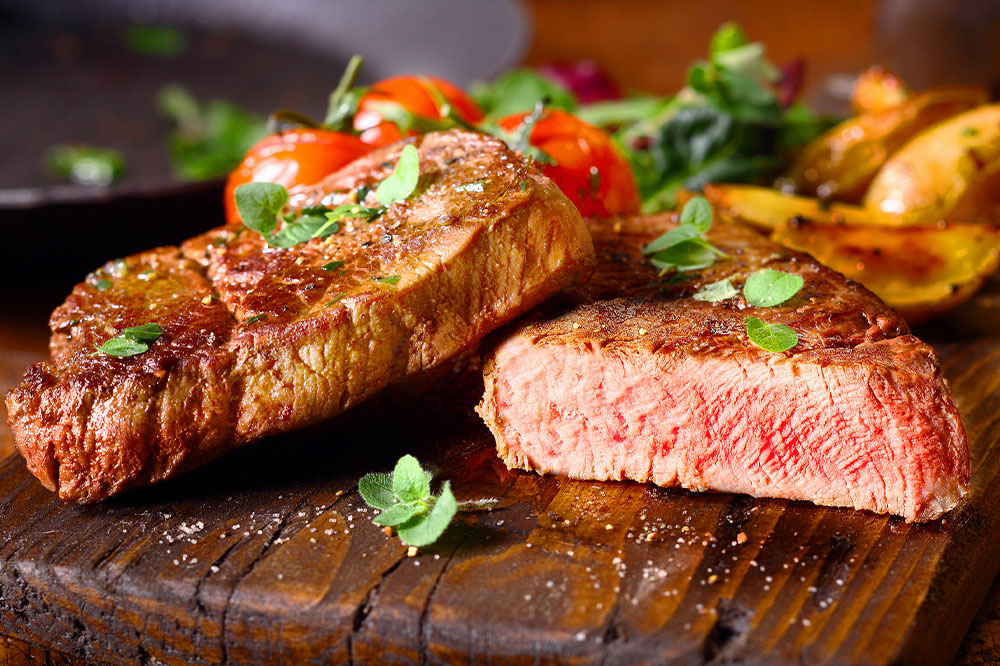
Essential Human Foods That Are Safe and Healthy for Your Cat
Many cat owners enjoy sharing their meals with their feline companions, strengthening their bond and providing a variety of flavors. However, it is crucial to be informed about which human foods are safe for cats and which could pose health risks. Unlike dogs, cats have unique dietary needs and more sensitive digestive systems that require special attention to the foods they consume. Consuming the wrong human foods can lead to digestive disturbances, nutrient imbalances, or even severe health issues over time. Therefore, understanding the safe options can help prevent emergency visits to the veterinarian and promote a healthier, happier life for your furry friend.
Meat: The Cornerstone of a Cat’s Diet
As obligate carnivores, cats rely heavily on animal-based proteins to meet their nutritional requirements. Meat is a vital component that supports various bodily functions, including reproductive health, vision, and cardiovascular health. The best options are cooked meat such as chicken, beef, and turkey, prepared without spices, sauces, or added fats that could harm your pet. Always serve meat thoroughly cooked to eliminate bacteria and parasites. Avoid feeding cats meats high in sodium or processed meats like cold cuts, which contain preservatives and excess salt. Remember to remove any bones to prevent choking or internal injuries. Incorporating small, cooked pieces of meat into your cat’s diet can serve as a nutritious treat or supplement to their regular diet.
Whole Grains: A Nutritional Supplement
Although cats are obligate carnivores, small quantities of whole grains can occasionally be incorporated into their diet for added fiber and essential nutrients. Options like cooked oatmeal, cornmeal, millet, and couscous are rich in B-vitamins and carbohydrates that can aid digestion. Ensure grains are thoroughly cooked and mashed to prevent choking and make digestion easier. Other suitable grains include brown rice, barley, and wheatberries; these should be cooked without added salt, butter, or seasoning. While grains are not staples for cats, they can occasionally be included to diversify their diet and provide essential nutrients, especially if the cat has digestive sensitivities.
Fruits: A Healthy Snack
Fruits are generally safe for cats in moderation and can be offered as an occasional treat. Bananas are particularly beneficial, providing potassium and dietary fiber, which aid in digestion and support muscle function. Because of their sugar content, it's important to feed bananas in small quantities to prevent obesity or diabetes. Other safe fruits include small portions of pumpkin, apples (without seeds and core), pears, berries, watermelon, and pineapple. Always serve fruits in small, manageable pieces, and avoid giving too much to prevent gastrointestinal upset. Fruits can be a delightful addition to your cat's diet, but they should never replace their primary nutritional needs.
Fish: An Excellent Source of Nutrients
Fish is a rich source of vital nutrients, including omega-3 fatty acids, vitamins, and minerals, which are beneficial for your cat’s skin, coat, and overall health. When offering fish, choose plain, cooked, and boneless options, preferably fresh-caught fish over canned varieties, which often contain additives and excessive salt. Always remove all bones to prevent choking hazards or internal tissue damage. Avoid seasoning or flavorings, as they can cause digestive upset or toxicity. Incorporating small portions of plain, cooked fish into your cat's diet a few times a week can enhance their nutritional intake and satisfy their natural carnivorous instincts.
Vegetables: Supporting Eye and Coat Health
While cats primarily require animal-based proteins, certain vegetables can be beneficial when fed in moderation. Carrots, rich in beta-carotene, promote healthy vision and a shiny coat. Serve peeled, cooked carrots cut into small, manageable pieces. Other safe options include celery, cucumbers, green beans, lettuce, peas, broccoli, and asparagus. These vegetables provide fiber, vitamins, and antioxidants that support overall health. However, never feed cats vegetables that contain onion, garlic, chives, or related Allium family ingredients, as they are highly toxic. Properly prepared vegetables can be offered as occasional treats or dietary supplements to diversify your cat's nutrition.
In conclusion, while certain human foods are safe for cats when prepared properly and fed in moderation, it is essential to understand their specific dietary needs and consult with your veterinarian before introducing any new foods. By selecting appropriate foods like cooked meats, safe grains, fruits, fish, and vegetables, pet owners can enhance their cats' diets safely and responsibly. Always prioritize your cat’s health, monitor for any adverse reactions, and keep treats as part of a balanced diet to ensure your feline friend remains healthy, happy, and active for years to come.
